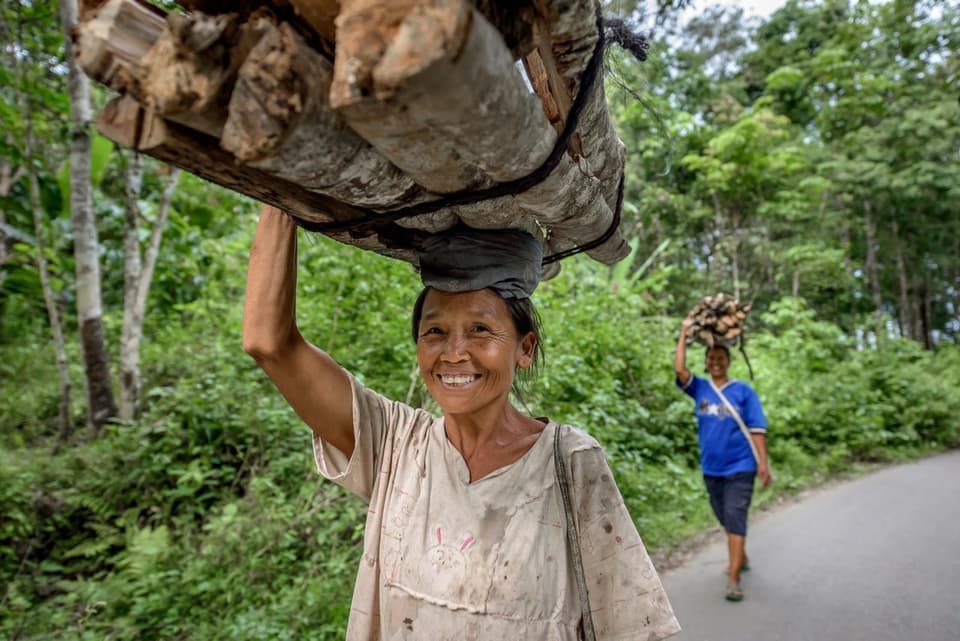The latest news and knowledge from World Coffee Research
News
Media Inquiries
Hanna Neuschwander
hanna@worldcoffeeresearch.org
503-560-7828
World Coffee Research plants seeds of change to address coffee’s hidden crisis
World Coffee Research has brought attention to coffee’s hidden crisis in the seed sector and is now examining how to bolster its professionalism and genetic purity.
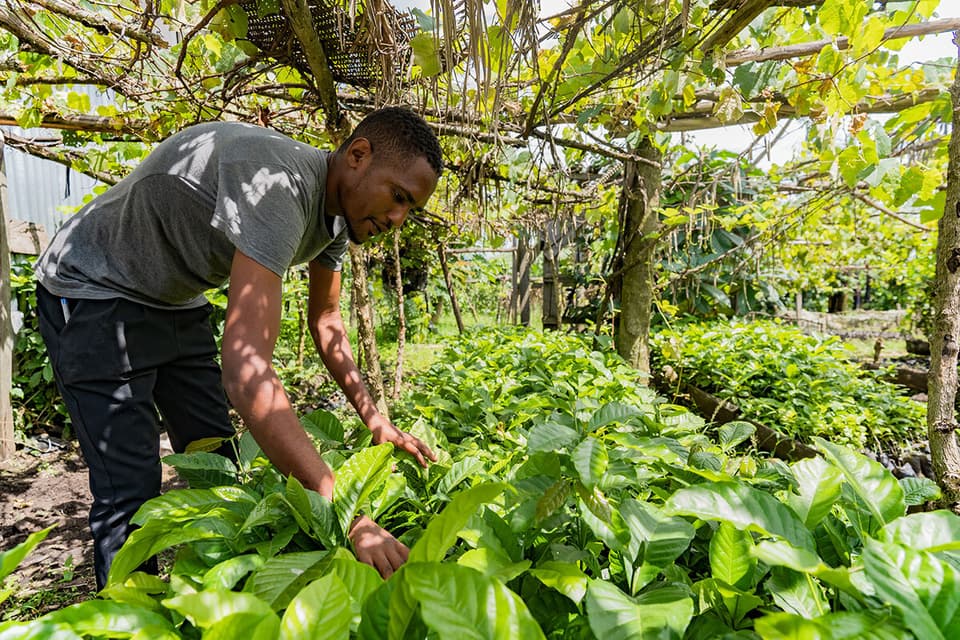
WCR Releases 2020 Annual Report
In 2020, despite a year of enormous challenge and uncertainty, 217 coffee companies—representing one-fifth of the global coffee market share—continued their support for collaborative science and innovation to secure a sustainable future for coffee. Read more about what we do, and the results of our ongoing research, in our 2020 Annual Report.
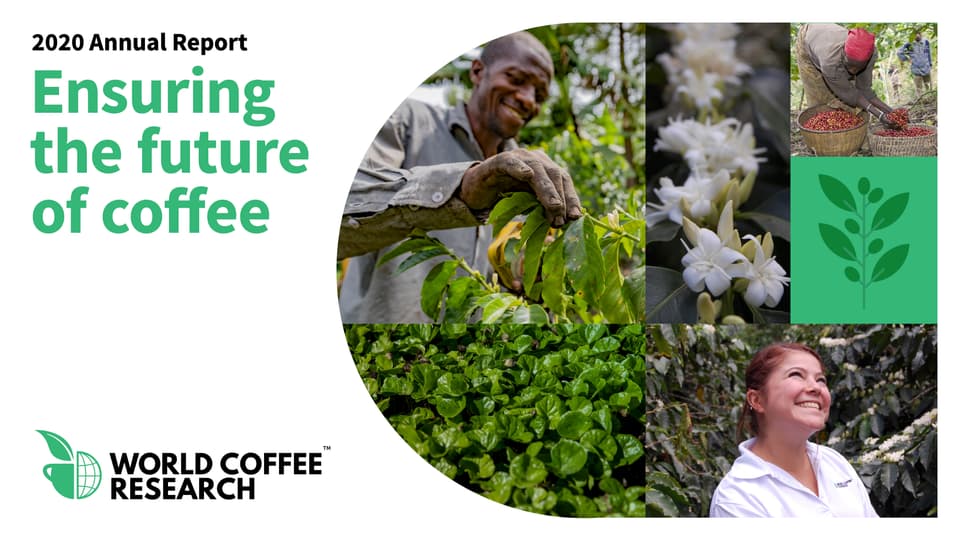
Growing Profitable Coffee Nurseries
There is growing awareness that coffee farmers worldwide struggle to access high quality plants. A set of three newly completed guides provides seed and nursery producers with knowledge to support their professionalization. The guides include newly revised technical manuals and a brand-new guide to profitable business management, which together support nurseries to succeed financially as well as to produce high quality plants. The guides can be accessed freely online at worldcoffeeresearch.org/guias and are available in both English and Spanish.
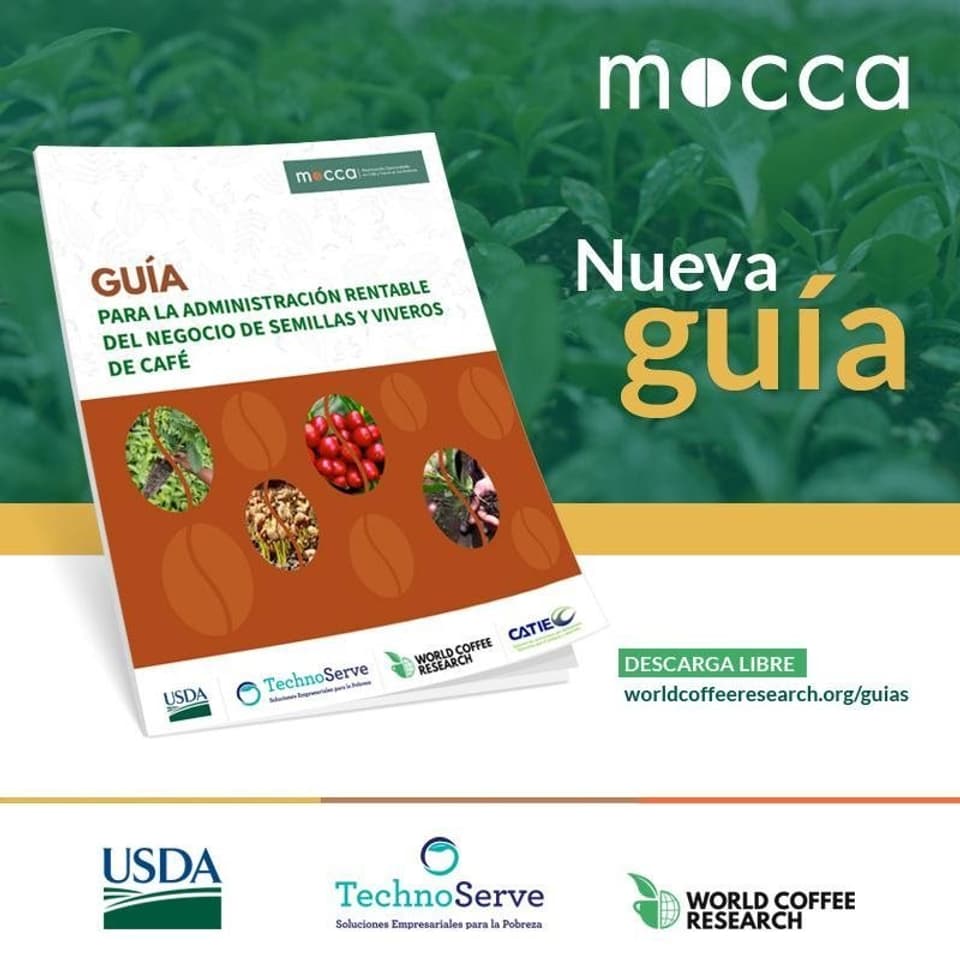
Update from the East Africa Breeding Hub
The East African Breeding Hub (EABH) was established in 2018 by World Coffee Research (WCR), participating countries, and the hub host, the Rwanda Agriculture Board (RAB) in order to support the next generation of coffee varieties for East Africa and to sustain the industry’s genetic and breeding pools not only in Rwanda but also across the region. In 2020, the EABH focused on breeding material evaluation, introducing molecular approaches, and organizing workshops for the region’s coffee breeders.
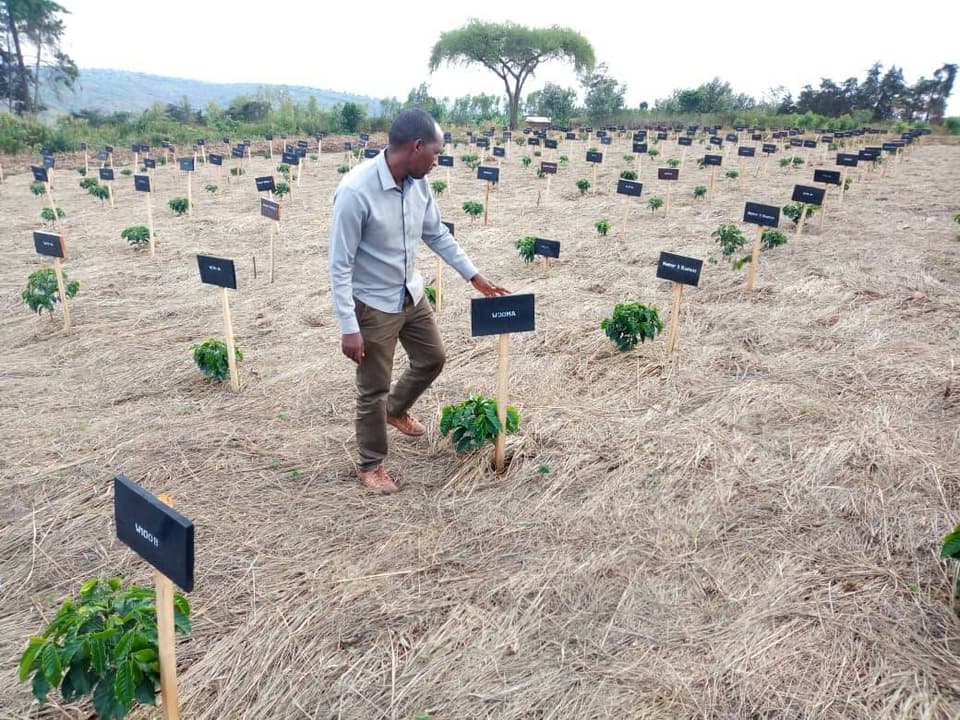
Empowering Agroforestry
Indonesian coffee farmers and professionals interested in using agroforestry to support climate resilience have a new tool at their disposal: The Shade Catalog. Available in both English and Bahasa, the Catalog helps farmers select shade trees that are good for coffee, support and diversify household incomes and provide benefits to wildlife and ecosystem services. The Shade Catalog is available in a mobile-friendly online format and free download at shadecoffee.org.
